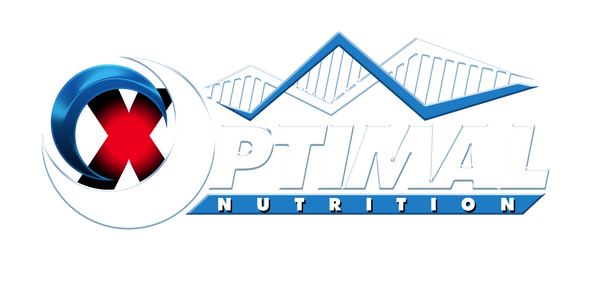
Non-Vegan Whey Protein: Benefits, Risks & Best Picks
Share

Are you considering non-vegan whey protein for your fitness goals? Wondering about its benefits, potential risks, and how it compares to plant-based alternatives? This article delves into these questions, providing insights to help you make an informed decision.
Understanding Non-Vegan Whey Protein
Whey protein is derived from cow's milk during the cheese-making process. It's a complete protein, containing all nine essential amino acids necessary for muscle repair and growth. Non-vegan whey protein refers to traditional whey products that are not suitable for those following a vegan diet.
Benefits of Non-Vegan Whey Protein
Muscle Growth and Recovery
Whey protein is renowned for its rapid absorption, making it ideal for post-workout recovery. It provides a rich source of branched-chain amino acids (BCAAs), particularly leucine, which plays a crucial role in muscle protein synthesis.
Weight Management
Incorporating whey protein into your diet can aid in weight management by promoting satiety and reducing overall calorie intake. Studies have shown that protein-rich diets can support fat loss while preserving lean muscle mass.
Immune Support
Whey protein contains immunoglobulins and lactoferrin, which contribute to immune system support. These components can help bolster your body's defense mechanisms, especially during intense training periods.
Potential Risks and Considerations
Digestive Issues
Some individuals may experience digestive discomfort, such as bloating or gas, due to lactose intolerance. Opting for whey protein isolate, which has lower lactose content, can mitigate these effects.
Allergic Reactions
Those with dairy allergies should avoid whey protein, as it can trigger allergic responses. Always consult with a healthcare professional before introducing new supplements into your regimen.
Kidney and Liver Concerns
Excessive protein intake can strain the kidneys and liver, particularly in individuals with pre-existing conditions. Moderation and medical guidance are key to safe supplementation.
Comparing Whey and Plant-Based Proteins
| Feature | Whey Protein | Plant-Based Protein |
|---|---|---|
| Source | Cow's milk | Various plants (e.g., peas, rice) |
| Complete Protein | Yes | Varies (some may lack certain AAs) |
| Digestibility | High | Moderate to High |
| Lactose Content | Present (lower in isolates) | None |
| Suitable for Vegans | No | Yes |
| Environmental Impact | Higher | Lower |
While whey protein offers rapid absorption and a complete amino acid profile, plant-based proteins are suitable for those with dietary restrictions and have a lower environmental footprint.
Choosing the Right Whey Protein Supplement
When selecting a whey protein supplement, consider the following:
-
Type: Whey protein concentrate, isolate, or hydrolysate.
-
Lactose Content: Opt for isolates if lactose intolerant.
-
Additives: Check for artificial sweeteners or fillers.
-
Brand Reputation: Choose reputable brands with third-party testing.
Optimal Nutrition offers a curated selection of non-vegan whey protein supplements to support your fitness journey.
Optimal Nutrition: Your Trusted Supplement Partner
Located at 6003 Mansion Blvd, Pennsauken, NJ 08109, Optimal Nutrition is dedicated to providing high-quality supplements to support your health and fitness goals. Our offerings include a range of whey protein products tailored to meet diverse needs.
Explore our collection: Non-Vegan Whey Protein Supplements
For personalized assistance, contact us at (856) 320-4670 or visit our website: optimalnutritionsupps.com
FAQs
Q: Can I take whey protein if I'm lactose intolerant?
A: Yes, whey protein isolate has reduced lactose content and may be suitable. However, consult with a healthcare provider before use.
Q: How much whey protein should I consume daily?
A: It varies based on individual needs, but generally, 20-30 grams post-workout is effective for muscle recovery.
Q: Is whey protein safe for long-term use?
A: For healthy individuals, moderate whey protein consumption is safe. Always adhere to recommended dosages and consult with a healthcare professional.
Conclusion
Non-vegan whey protein offers numerous benefits, including muscle support, weight management, and immune enhancement. However, it's essential to consider potential risks and choose high-quality supplements. Optimal Nutrition is here to support your journey with premium products and expert guidance.
Contact us today at (856) 320-4670 or visit optimalnutritionsupps.com to find the right whey protein supplement for you.
